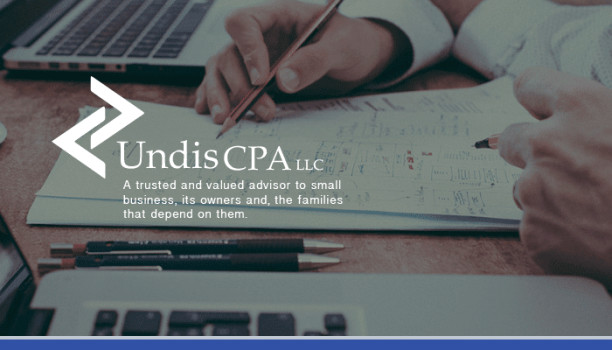
Undis CPA
Reviews Summary
About This Listing
Who Can Work with a CPA?
*Note: CPAs may specialize in different areas. Be sure to check credentials and service offerings.*
First-Time Clients
If this is your first time working with a CPA, don’t worry — most professionals offer a free consultation and will walk you through what to expect. You may be asked to complete an intake form, share financial documents, or set clear goals for your session.
What to Know Upfront:
*Note: Every CPA operates a bit differently. Don’t hesitate to ask questions before committing.*
What to Bring
*Tip: Organize your documents in advance to save time and ensure accuracy.*
Preparing for Your Appointment
*Note: Preparation helps you make the most of your CPA’s expertise.*
How to Get Started
Other Helpful Info
*Note: Every CPA is different — take time to find one who fits your goals and style.*
Features
Contact Information
Address
617 E Main St Suite #2A
Anoka, Minnesota 55303
Phone
+1 763-898-3255Hours
Customer Reviews
When I changed from my old CPA to Mark Undis, he immediately found and filed for refunds that the old CPA missed. Besides saving money on taxes, Mark also handles my personal taxes, and has given me some good advice on saving money on other things too, like insurance. Mark really gets to know his clients on both a business and personal level to best serve their particular situation. I would definitely recommend Mark Undis to any small business who wants a CPA more in-tune with their needs!
As a Real Estate Broker, General Contractor and Landlord, I rely on Mark's knowledge to help me plan for and prepare my personal and business tax returns. I have been referring my friends and customers to Mark Undis for several years for the their individual and business tax preparation and tax consulting needs. I am very picky about who I refer people to. Mark is the first CPA I have referred anyone to! I recommend Undis CPA without hesitation.
Mark takes care of my taxes on an annual basis. Quick service & very trustworthy. Highly knowledgeable in his field and is an enjoyment to work with. Thank you Mark!
We needed a new accountant. Our old one wasn't getting it done. I had previous contact with Mark 20 years earlier. His name came up as a possible replacement for our accountant. I immediately knew this was going to be a good choice. The only sad part is I didn't look him up for our accounting work 10 years earlier. He knows his stuff inside and out. He files all the legal claims and never misses a beat. Totally recommend him.
I?ve been using Marks services for over twenty years. It began with my Hardware store, and has evolved into a few different businesses. Not only is he my Accountant, he has become a great friend.
I have been working with Mark and Kathy for many years. They have always provided great service. More importantly, Mark has provided thoughtful advice through good times and down periods. Top Recommendation!
Mark and Kathy are wonderful to deal with! They care about all their clients and are very professional. I trust their expertise and would recommend everyone I know to them.